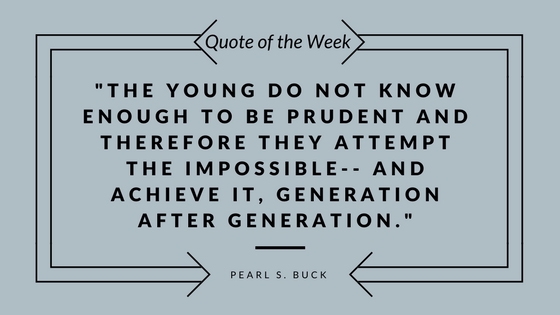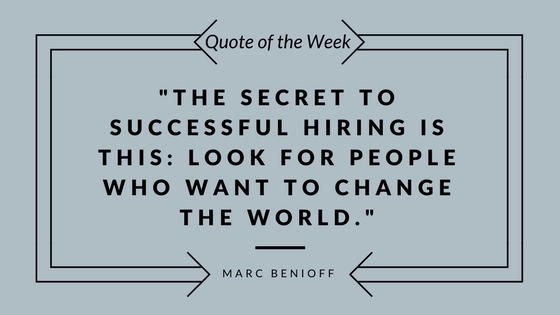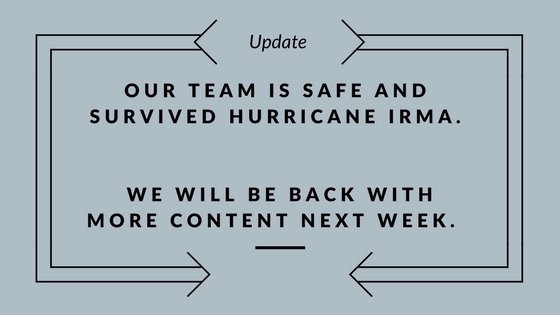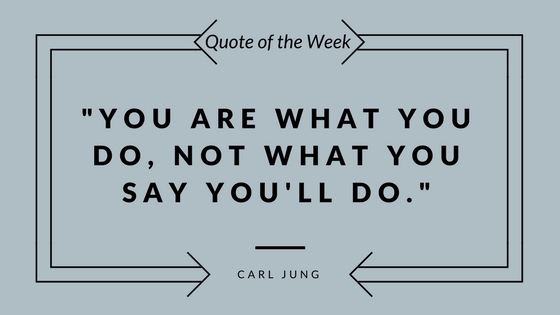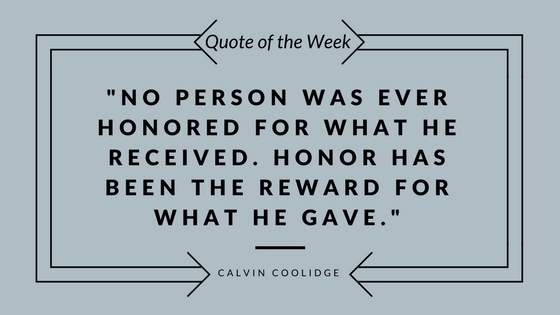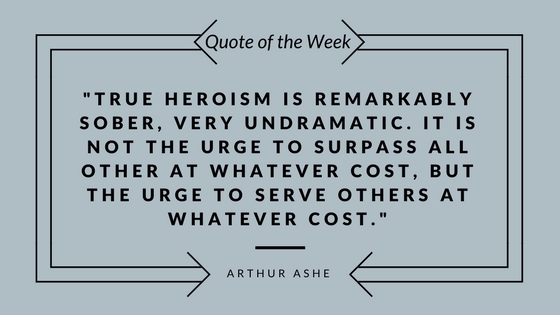Last year one NFL player chose to sit rather than stand for the National Anthem before a game. Later, he began to kneel for the Anthem and was joined by a handful of other players. President Trump weighed in on Friday at a political rally and in a series of tweets. The NFL commissioner called him divisive, ignoring the divisive action that started this in the first place. The President responded, and things escalated.
On Sunday, over 200 players took a knee for the National Anthem. Others locked arms in solidarity, while other teams decided to stay in the locker room for the Anthem. Players were booed by some, cheered by others.
The league is in a tough spot. They have been maneuvered, or put themselves, into a difficult situation. If they support their players they risk further alienating a significant portion of their fans. President Trump has called for a boycott of the NFL. Overnight ratings from Sunday’s prime-time game were down 8% from the previous week, which were down 17% from the season opener. It is undeniable that ratings are down. Is this because of the player protests or are other factors in play? Only time will tell.
If the league supports the fans that are boycotting or outraged at the player protests they risk alienating their players. What happens if the league orders the players to stand and they choose not to play? The league has chosen not to enforce its own rules.
The rules regarding the anthem are found on pages A62-63 of the league’s game operational manual:
“The National Anthem must be played prior to every NFL game, and all players must be on the sideline for the National Anthem.
During the National Anthem, players on the field and bench area should stand at attention, face the flag, hold helmets in their left hand, and refrain from talking. The home team should ensure that the American flag is in good condition. It should be pointed out to players and coaches that we continue to be judged by the public in this area or respect for the flag and our country. Failure to be on the field by the start of the National Anthem may result in discipline, such as fines, suspensions, and/or the forfeiture of draft choice(s) for violations of the above, including first offenses.”
So, what can our organizations learn from the NFL? Two things stand out for me.
First, at the height of his career, Michael Jordan was asked to publicly to endorse a Democrat for the Senate race in North Carolina. Jordan refused to do so, reportedly saying, “Republicans buy shoes, too.” Whether Jordan actually said this is in some doubt, but the sentiment is correct. The NFL has allowed a situation to develop that has alienated a number of their customers. The damage may be permanent.
Second, the NFL had a rule in place that addressed this very action. They could have intervened the first time a player sat or kneeled. They chose to act in a manner inconsistent with their own stated policy and the protests escalated. The argument can be made that the policy itself was wrong. If so, the league should have determined that the policy was not in keeping with their values and changed the policy, but they didn’t. Now they have to deal with the consequences of their choices. It is almost impossible for the league to now enforce a policy that chose to ignore. Changing the policy now is also fraught with difficulty.
The NFL is facing a number of disruptions to its business model, from CTE concerns, to cord cutting, declining attendance, and now a portion of their customer base who have tuned out. Boycotts rarely last, but I believe this is different. I always saw the NFL as a diversion, a time on Sunday afternoon to cheer for my team and enjoy time free of thoughts of work, politics, and the everyday stresses of life. I stopped watching because it isn’t fun anymore.
Taking controversial decisions may be the right thing for our organizations or for each of us individually. It is important to understand that freedom of speech, and positions or causes we support are not without consequences. When we take positions that alienate our employees or our customers we have to be ready to deal with the fallout from our positions. Sometimes right is right, regardless of the consequences, but that does not insulate us or our organizations from negative outcomes.
This is why I believe in values-based leadership. It gives us a framework or a moral compass to guide us when we make decisions on what causes to support, how to treat our teammates, and how we interact with our external stakeholders. Values provide a guide to aid our actions. Values give us a rock on which to stand. Using the NFL’s situation as a cautionary tale for all of us, I encourage you to review your stated values. Are they what you really believe? Are they what you are willing to stand for regardless of the consequences? Do your policies and actions align with your values? When our values drive our behavior we have confidence in our actions.
